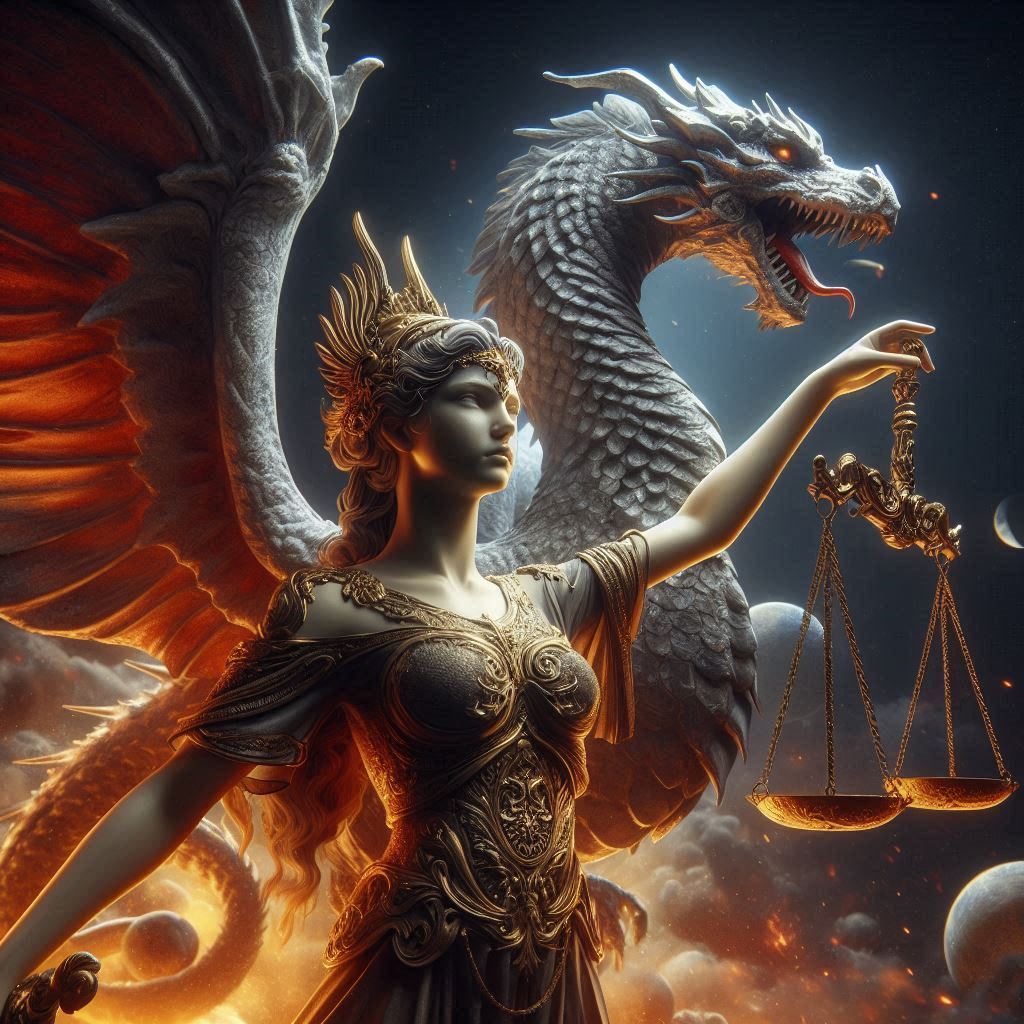Table of Contents
The Challenges of Writing Poetry in the Modern World
Poetry, one of the oldest and most revered forms of literary expression, faces a unique set of challenges in the modern world. As we navigate an era defined by rapid technological advancements, shifting cultural landscapes, and evolving linguistic norms, poets today must grapple with the tension between tradition and innovation, accessibility and depth, as well as the ever-changing role of poetry in society.

1. The Challenge of Relevance in a Digital Age
In the digital age, the sheer volume of content available at our fingertips has redefined the way we consume information and art. Social media platforms, with their emphasis on brevity and virality, often privilege quick, easily digestible content over the nuanced and layered expressions characteristic of poetry. This creates a challenge for poets, who must find ways to make their work resonate within a landscape dominated by fleeting trends and superficial engagement.
Moreover, the internet has democratized the act of publishing, allowing anyone to share their work with a global audience. While this has enabled a more diverse range of voices to be heard, it has also led to a saturation of content, making it increasingly difficult for individual poems to stand out. Poets must therefore not only craft their work with care but also consider strategies for visibility and engagement in an overcrowded digital marketplace.
2. The Evolution of Language and Form
Language is constantly evolving, and poets have always been at the forefront of exploring and expanding its boundaries. However, the rapid pace of linguistic change in the modern world presents a challenge for poets who wish to remain relevant while maintaining the depth and richness that poetry demands. The rise of digital communication has introduced new forms of language, including emojis, memes, and internet slang, which challenge traditional poetic forms and conventions.
Some poets embrace these changes, experimenting with new forms and integrating digital vernacular into their work. Others resist, clinging to more traditional forms and fearing that the incorporation of contemporary language may dilute the artistic integrity of poetry. This tension between innovation and preservation is a central challenge for modern poets as they navigate the dynamic interplay between language, form, and meaning.
3. Cultural and Political Contexts
The modern world is marked by profound cultural and political shifts, many of which demand a poetic response. Poetry has always been a powerful tool for social commentary and political expression, but the complexity and divisiveness of contemporary issues make this task increasingly challenging. Poets today must navigate a landscape of heightened political polarization, social movements, and cultural fragmentation, all while maintaining the subtlety and universality that great poetry requires.
The global nature of these challenges also means that poets are writing within an increasingly diverse and interconnected world. While this can enrich poetry by bringing a multitude of perspectives into dialogue, it also complicates the poet’s task of addressing specific audiences. The challenge lies in creating work that speaks to both local and global concerns, that is both deeply personal and universally resonant.
4. The Role of Poetry in a Changing Society
The role of poetry in society has evolved over time, and in the modern world, it often seems marginalized compared to other forms of entertainment and communication. The dominance of visual media, the decline of traditional literary education, and the perceived elitism of poetry have all contributed to its diminished presence in the public sphere. This raises the question of whether poetry can still play a meaningful role in shaping culture and consciousness in the 21st century.
Despite these challenges, there is a growing movement to revitalize poetry through initiatives like spoken word performances, poetry slams, and online communities dedicated to poetry. These platforms have introduced poetry to new audiences and redefined its role in contemporary society. However, the challenge remains for poets to balance the demands of accessibility with the desire to maintain the artistic and intellectual rigor that defines the genre.
5. The Inner Challenges of the Poet
Beyond the external challenges, poets in the modern world must also contend with the internal demands of the craft. The act of writing poetry requires a deep engagement with language, emotion, and thought, which can be difficult to sustain in a world that often values speed and efficiency over contemplation and introspection. The pressure to produce work that is both innovative and authentic can be overwhelming, leading to creative burnout or self-censorship.
Moreover, the increasingly public nature of the poet’s role, with the expectation to engage in self-promotion and maintain a social media presence, can be at odds with the solitary, reflective process of writing poetry. Balancing the demands of the external world with the inner needs of the creative process is perhaps the most profound challenge facing poets today.
Writing poetry in the modern world is fraught with challenges, from the evolving nature of language and form to the shifting role of poetry in society. However, these challenges also present opportunities for innovation, reinvention, and the reimagining of what poetry can be. As poets navigate the complexities of the digital age, cultural change, and the inner demands of their craft, they continue to push the boundaries of poetic expression, ensuring that poetry remains a vital and dynamic force in the contemporary literary landscape.


No responses yet